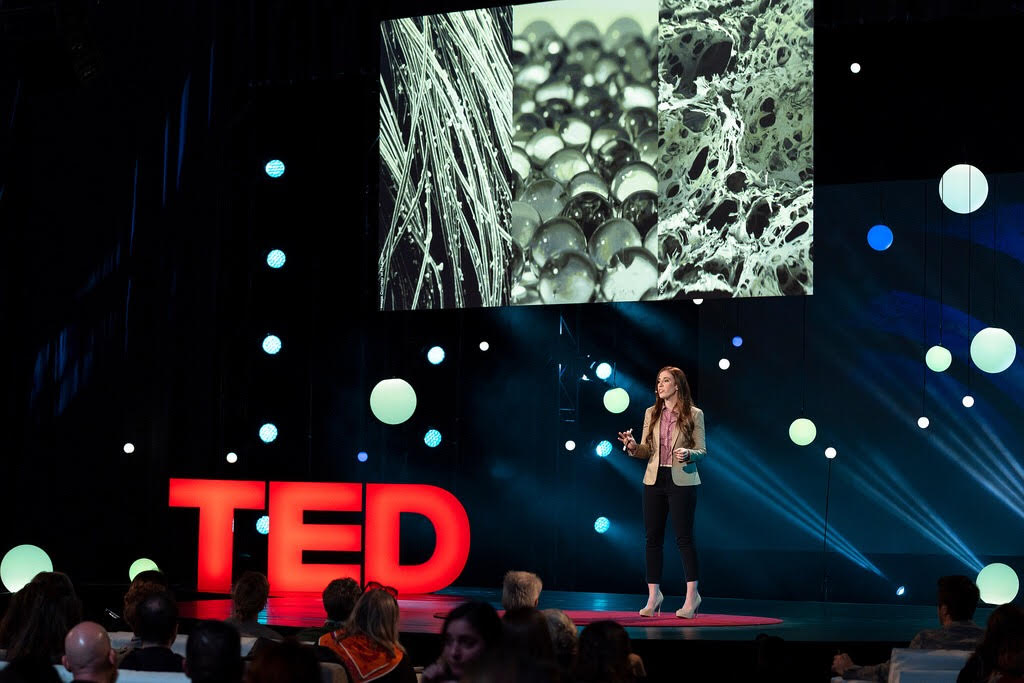Kaitlyn Sadtler ’11, biological sciences, has been selected for the TIME100 Next list. In its fifth year, the list aims “to recognize rising leaders in health, climate, business, sports, and more—and by doing so, not just show the stories that are capturing headlines in 2024, but also introduce you to the people who we believe will play an important role in leading the future.”
Since 2019, Sadtler has been a tenure-track researcher and chief of the Section on Immunoengineering at the National Institute of Biomedical Imaging and Bioengineering. Her interdisciplinary research straddles bioengineering and immunology.
“I’m super excited and absolutely surprised to be included on the TIME100 Next list. Working in regenerative medicine, our lab gets to look forward to where we could build therapies to help regrow our damaged tissues after traumatic injuries,” Sadlter shared. “I’m also thrilled that there is excitement for bioengineering at the National Institutes of Health. Biomedical engineering is a field that’s able to connect the basic fundamental biology discoveries with clinical translation and application of those discoveries.”
In 2020, Sadtler led a study published in Science Translational Medicine looking for undiagnosed COVID-19 cases in more than 9,000 blood samples that never-diagnosed participants mailed in. The study found that during the first several months of the pandemic, for every diagnosed case of COVID-19, an estimated 4.8 cases went undiagnosed. That suggested a total of 16.8 million undiagnosed (and therefore mild or asymptomatic) cases by July 2020.
Undiagnosed cases were more likely in certain demographic groups, including younger people, people in urban areas, and people without risk factors for severe disease. The findings provided important insights for the pandemic response by suggesting that immunity acquired from infection among the young and healthy population and in dense areas was higher than previously understood, meaning herd immunity might be reached faster than first anticipated.
After graduating summa cum laude from UMBC, Sadtler completed her doctorate at the Johns Hopkins School of Medicine and a postdoctoral fellowship at MIT. Sadlter has received numerous awards, and her 2018 TED Talk was one of the 25 most-viewed TED talks that year. Sadtler also presented at UMBC’s GRIT-X speaker series in 2022.
Tags: Alumni, Biological Sciences, Biology, CNMS

